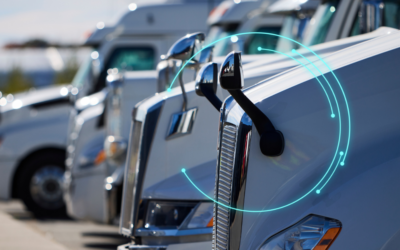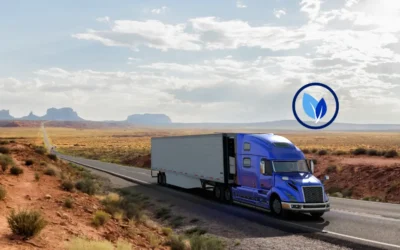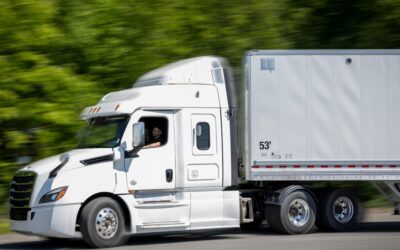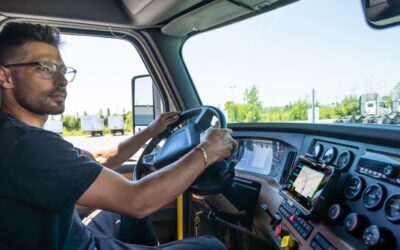These tragedies show that a heavy vehicle can cause as many casualties and damage as a catastrophe such as a plane crash. To prevent similar situations from occurring with autonomous vehicles, we have to consider certain safety aspects. At this stage, many questions remain unanswered. We have ways to go before driverless heavy trucks become part of our daily lives; the defining of important steps for which there is no information in current literature. However, we are aware that autonomous vehicles will save lives and that they have a place sometime in the foreseeable future. We have to ask ourselves what the best way is to ensure their smooth integration.
The events mentioned above have led me to reflect on the place of autonomous vehicles on our roads and the dangers they may pose if their programming is imperfect. Knowing that a heavy vehicle can kill dozens, if not hundreds, of people, are we ready as a society to yield control to a machine? The fatal accident involving a driverless Uber taxi in Arizona raised a number of questions. Even if the causes of the collision are complex and responsibility has not been assigned to the driverless vehicle, people’s trust in the technology has been shaken. In a survey, more than two thirds of Americans have admitted that they would not feel safe having to share the road with driverless vehicles.
My background in aircraft certification and electronic systems design leads me to broach the subject of autonomous vehicles from a different perspective. In my opinion, these vehicles should be treated the same way as critical systems aboard aircraft. The failure of a driverless truck may have dramatic consequences, whether it is loss of human life or significant material damage, just as with airplane. Therefore, all driverless truck components should be designed to the highest standards to ensure their proper operation. In the field of aviation, every part is certified and everything is regulated. We know the exact origin of parts. The personnel who works on the equipment is diligently trained and certified, and they receive continuing training. The workforce is accountable for its actions.
Furthermore, in aviation, thanks to black boxes and certified components, it is possible to determine the causes of a crash. When component failure is at fault, all aircraft with the component are grounded until the problem is resolved. But the ability to determine which airplanes are affected requires the traceability of all components. The aviation traceability chain is impressive. And because of this certification, parts are far more durable compared to automotive parts. Just think about cars made in the ’70s. You just don’t see them on the roads anymore. Yet aircraft from the same era still fly.
Considering driverless heavy trucks also represent critical systems, they should follow the same traceability concept. However, the supply chain of commercial road vehicles is not regulated by a governmental agency, unlike aviation. Such an agency of experts would have to be created to set rules and ensure compliance. Can we afford not to certify parts when people’s lives are at stake? What are the risks associated with not moving toward certification?
The era of driverless vehicles is on the horizon. But we cannot predict how long it will be until standards are defined and adhered to. While we wait for certification to be implemented, we can rely on machines to monitor people and improve road safety. That means using existing systems, such as those that warn of lane departure or provide automatic braking in an emergency. We must also use the available technology to train drivers. Lastly, we must leverage the data we have to make better decisions and change hazardous driving habits.

ABOUT THE AUTHOR
Jacques DeLarochelliere
CEO, Chairman and Cofounder of ISAAC Instruments.
Jacques’s entrepreneurial leadership led to his nomination as a finalist in the Ernst & Young and Desjardins entrepreneurship awards. Jacques holds a bachelor’s degree in mechanical engineering, a flight theory and practice certification from the Kansas University School of Engineering, and specialized training in aircraft certification from Transport Canada.









